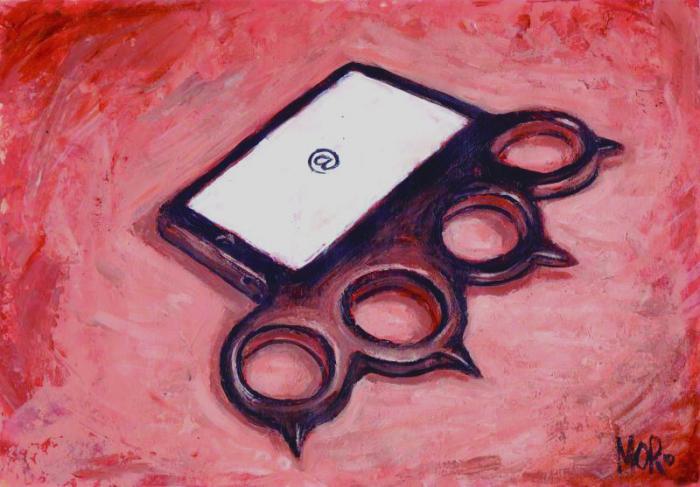In recent weeks, the issue of induced inflation has taken center stage in Cuban public discourse and media. Cuban Television has exposed a plot involving external actors linked to the U.S. State Department and intelligence services, alleging their role in destabilizing Cuba’s economy. This revelation has sparked widespread concern among Cuban citizens, who are already grappling with severe economic challenges. Media outlets like El Toque have been accused of intentionally manipulating exchange rates as part of a broader economic warfare strategy against Cuba. Induced inflation, a deliberate and sustained rise in prices, differs from organic inflation, which stems from market imbalances. It is often triggered by coercive economic measures, such as those imposed by the United States and the European Union, which restrict access to markets, foreign currency, and technology. These actions lead to shortages of essential goods and capital, driving prices upward. The media and social networks play a critical role in amplifying this crisis by shaping inflationary expectations. Experts argue that this phenomenon is not merely economic but also psychological. When consumers and businesses anticipate rising prices, they adjust their behavior accordingly, fueling a self-perpetuating cycle of inflation. In Cuba, the narrative that “the dollar has gone up” is frequently cited as justification for price hikes. Alarmist media coverage, such as headlines proclaiming “Inflation Runs Out of Control” or “Prices Skyrocket,” exacerbates public anxiety. Economic analysts’ predictions further influence market behavior, while social media spreads fear and misinformation. Viral posts or videos warning of a dollar surge can trigger panic buying, destabilizing the local currency. This strategy, part of a multifaceted campaign against Cuba, aims to incite internal unrest, create chaos, and undermine the government’s stability. Sources: BBC, NYT, Academic Journals.
